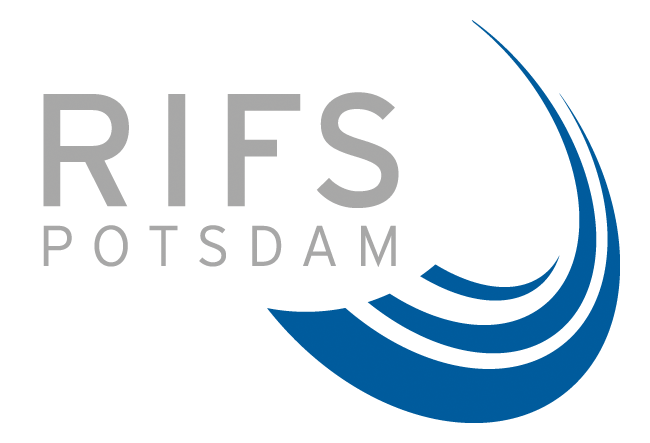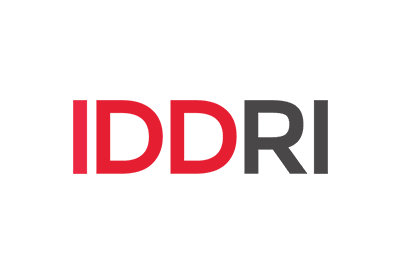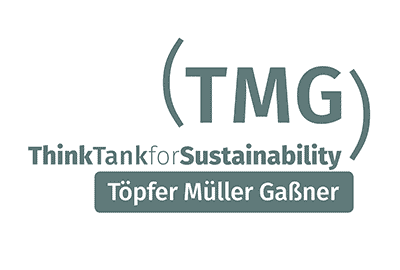The STRONG High Seas project (‘Strengthening Regional Ocean Governance for the High Seas’) concluded on 31 May 2022 after five successful years. It was funded through the International Climate Initiative (IKI) of the German Federal Ministry for the Environment, Conservation, Nuclear Safety and Consumer Protection (BMUV), coordinated by the Institute for Advanced Sustainability Studies (IASS), and implemented together with partners based in Africa, Europe, and South America, including the Secretariat of the Comisión Permanente del Pacífico Sur (CPPS) and the Abidjan Convention Secretariat.
The STRONG High Seas project aimed to strengthen regional ocean governance for the conservation and sustainable use of marine biodiversity in areas beyond national jurisdiction (ABNJ), focusing on the Southeast Atlantic and Southeast Pacific regions, which are characterised by important oceanic currents contributing to high marine productivity. Working through regional organisations, States in these regions have recognised the need to strengthen ocean governance for the conservation and sustainable use of biodiversity, including in ABNJ.
Over five years, the STRONG High Seas project used a participative multi-stakeholder approach to develop and implement all project activities with a view to ensure stakeholder engagement and buy-in, raise awareness about the need to conserve and sustainably use marine biodiversity in ABNJ, and create a network of, and dialogue between, relevant stakeholders within the two focal regions and beyond.
Project partners carried out transdisciplinary scientific assessments to provide decision-makers, both in the target regions and globally, with improved knowledge and understanding on marine biodiversity in ABNJ. Based on these assessments, the project engaged with stakeholders from government, the private sector, science, and civil society to co-develop ecosystem-based, cross-sectoral approaches to the conservation and sustainable use of marine biodiversity in ABNJ in the target regions. The approaches were disseminated throughout regional and global policy processes to feed these ideas into future policy approaches. To foster interregional exchange and collaboration, the project facilitated dialogue with other marine regions. Finally, possible options for regional ocean governance in the future agreement for the conservation and sustainable use of marine biodiversity in ABNJ (commonly known as the BBNJ Agreement) were developed.
Here are some reflections on our experiences coordinating the STRONG High Seas project:
- Participative multi-stakeholder processes are essential to ensure experiences and information exchange between stakeholder groups, thereby fostering mutual learning and collaboration across actors and organisations to underpin decision-making and support progress towards policy targets. Transdisciplinary research projects can offer a needed platform to bring together diverse stakeholder groups and champion collaborative process for sharing of lessons learnt and best practices, building new networks, and offering a space for stakeholders to engage and discuss outside of formal policy processes.
- Transdisciplinary research projects should consider the timing of relevant policy processes and tailor their efforts and interventions towards contributing to policy discussions. The STRONG High Seas focussed primarily on facilitating an understanding of scientific, legal, and governance content. Towards the project end, topics more specific to management or implementation of the BBNJ Agreement were considered.
- Transdisciplinary research projects provide an important networking and relationship building opportunity for stakeholders from diverse groups, different regions and countries. Implementing a participative multi-stakeholder approach will help to build a community of practice that will continue to expand and grow beyond the close of the research project, continuing long-term support of project goals.
- Co-creative processes to support decision-making and achieve policy impact through incorporating ideas, scientific knowledge, and perspectives from stakeholders for the development of project outputs, require flexibility to adapt to shifts in political priorities, changing mindsets, and institutional and individual learning. It will be necessary to re-evaluate project objectives throughout the project’s implementation and identify new engagement opportunities or shift to new activities to ensure a successful strategy is maintained.
The project website remains available and a repository of all publications and resources is accessible online (in English, Spanish, and French), offering a wealth of information – see the publication highlights below. The project has also developed two interactive websites about the conservation and sustainable use of marine biodiversity ABNJ for stakeholders in the Southeast Pacific (in Spanish) and the Southeast Atlantic (in English and French).
Publication highlights
General ocean governance publications include:
- Glossary of Ocean Governance Terms;
- Guidance to achieve biodiversity conservation measures in high seas fisheries;
- Lessons learnt and ways forward for regional ocean governance;
- Role of Regional Cooperation in Strengthening High Seas Governance.
Publications targeted at the BBNJ negotiations include:
- Options for Underpinning a Strong BBNJ Agreement through Regional and Sectoral Governance;
- Lessons Learned and Options for an Implementation and Compliance Committee;
- Strengthening High Seas Governance through Enhanced Environmental Assessment Processes;
- Strengthening Monitoring, Control and Surveillance in ABNJ, including a Briefing for negotiators;
- Strengthening Monitoring, Control, and Surveillance through a New Marine Biodiversity Treaty;
- Towards Ecosystem-based Management of the Global Ocean: Strengthening Regional Cooperation through a New BBNJ Agreement.
Publications targeted at the Southeast Atlantic and Southeast Pacific regions include:
- The legal and institutional characteristics of the Southeast Atlantic and Southeast Pacific regions regarding governance of ABNJ;
- The ecological characteristics of the Southeast Atlantic and Southeast Pacific regions;
- The socio-economic importance of the Southeast Atlantic and Southeast Pacific regions;
- An overview of existing and recommended conservation and management measures for the Southeast Atlantic and Southeast Pacific regions;
- Considerations for integrated ocean management for the conservation and sustainable use of ABNJ in the Southeast Atlantic and Southeast Pacific regions;
- Reflections and recommendations for capacity development for the conservation of marine biodiversity in ABNJ in the Southeast Atlantic and Southeast Pacific regions;
- Options for strengthening monitoring, control, and surveillance of human activities in the Southeast Atlantic and Southeast Pacific regions;
- Reflections from the STRONG High Seas Project on applying a participative multi-stakeholder approach in transdisciplinary ocean governance research.




